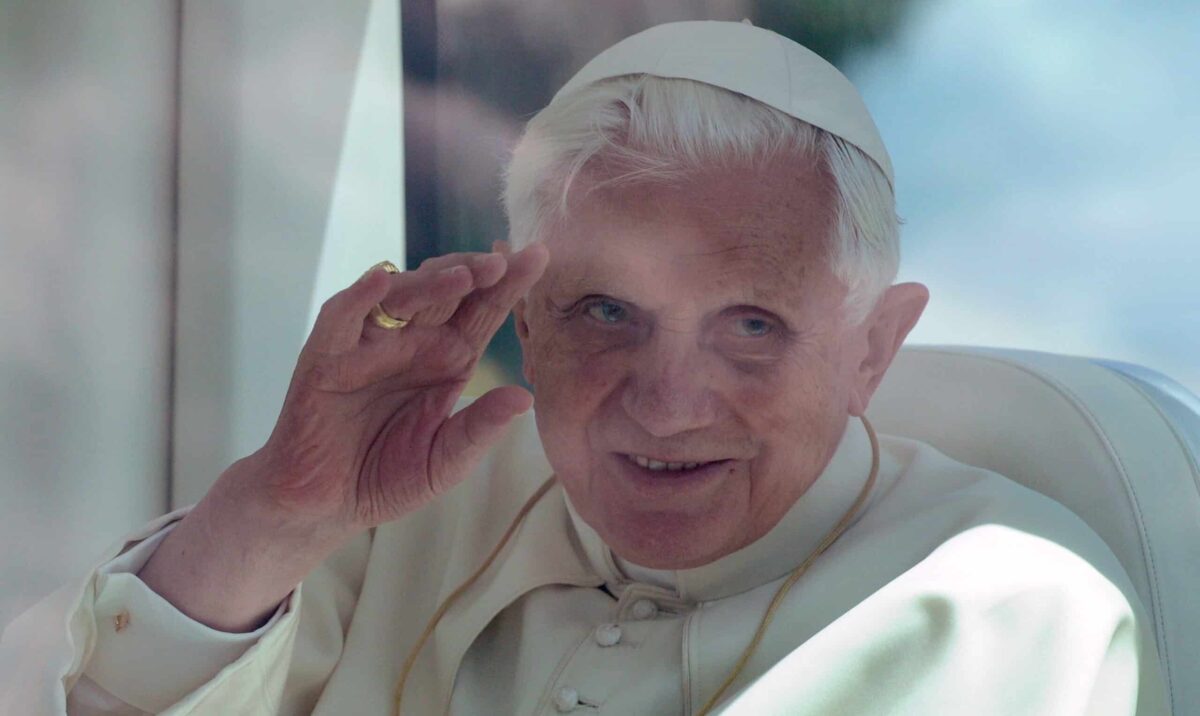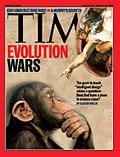Why Don’t Proclamations that Evolution and Religion are Compatible Have a Large Effect on this Debate?
For years Darwinists have been doing their best to remind the world of the good news that evolution and religion can be compatible. Yet skepticism of evolution continues to remain at a very high level in the United States. Why is this? A timeline of random samples of statements and polls: These numbers shows that skepticism that life developed via purely unguided evolutionary processes remains very high despite the fact that scientists, educators, and religious leaders have tried to remind people that religion and evolution are compatible. Why does skepticism of Neo-Darwinism remain high? IT’S THE SCIENCE! What these Darwinists don’t get is that for many people, this issue isn’t simply about religion. It’s about science. The science provides plenty Read More ›








































